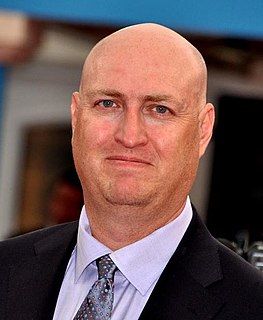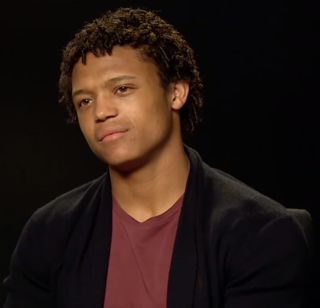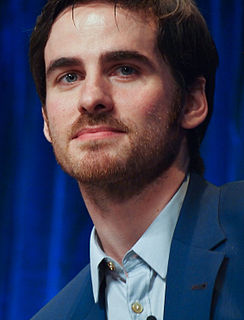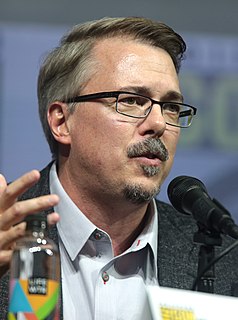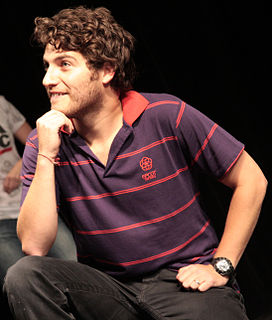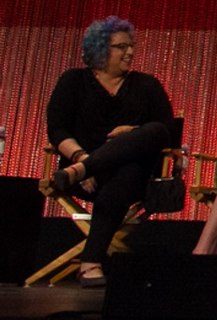A Quote by Shawn Ryan
There are story-room sessions where you think about the big picture, like a novel, but once you have certain things in place, you have to treat each episode like an hour of TV, and think that maybe this will be the only episode that anyone will ever watch. You want to have some sort of beginning, middle, and end to the episode, even if you have storylines that are carrying over. You still want it to feel like a cohesive hour of entertainment. And you can't think about both at the same time.
Related Quotes
We do want the freedom to move scenes from episode to episode to episode. And we do want the freedom to move writing from episode to episode to episode, because as it starts to come in and as you start to look at it as a five-hour movie just like you would in a two-hour movie, move a scene from the first 30 minutes to maybe 50 minutes in. In a streaming series, you would now be in a different episode. It's so complicated, and we're so still using the rules that were built for episodic television that we're really trying to figure it out.
Keep a diary, but don't just list all the things you did during the day. Pick one incident and write it up as a brief vignette. Give it color, include quotes and dialogue, shape it like a story with a beginning, middle and end—as if it were a short story or an episode in a novel. It's great practice. Do this while figuring out what you want to write a book about. The book may even emerge from within this running diary.
Pretty much every show that comes on, I'll try to watch at least one episode of it. For me, there are three different levels. I watch the first episode, and if I love it, I'm lockin' it in for the rest of the season. If I'm not too sure about it, I will maybe tune in the next week. It it's just terrible, then I'm done.
I am wary of repeating myself too much. In this age of Netflix, as a Netflix show, if you want to go back and watch a season 1 episode, you can do that easily. I'm not interested in repeating the same story beats over and over and over again. But part of the truth of BoJack story is about how much he repeats himself and these patterns that are difficult to get out of. I'm trying not to be evasive about that. I'm not using that as an excuse. I think that's convenient to fall back on as a TV writer: "Oh, it's a show about stagnation."
I think where it's going is toward what the music industry is like, where channels will be considered more like labels that carry the type of TV show that you like, and then you'll consume them however you can. For example, I don't really watch Showtime, but I bought 'Homeland,' and I've been watching every episode on my iPad.
